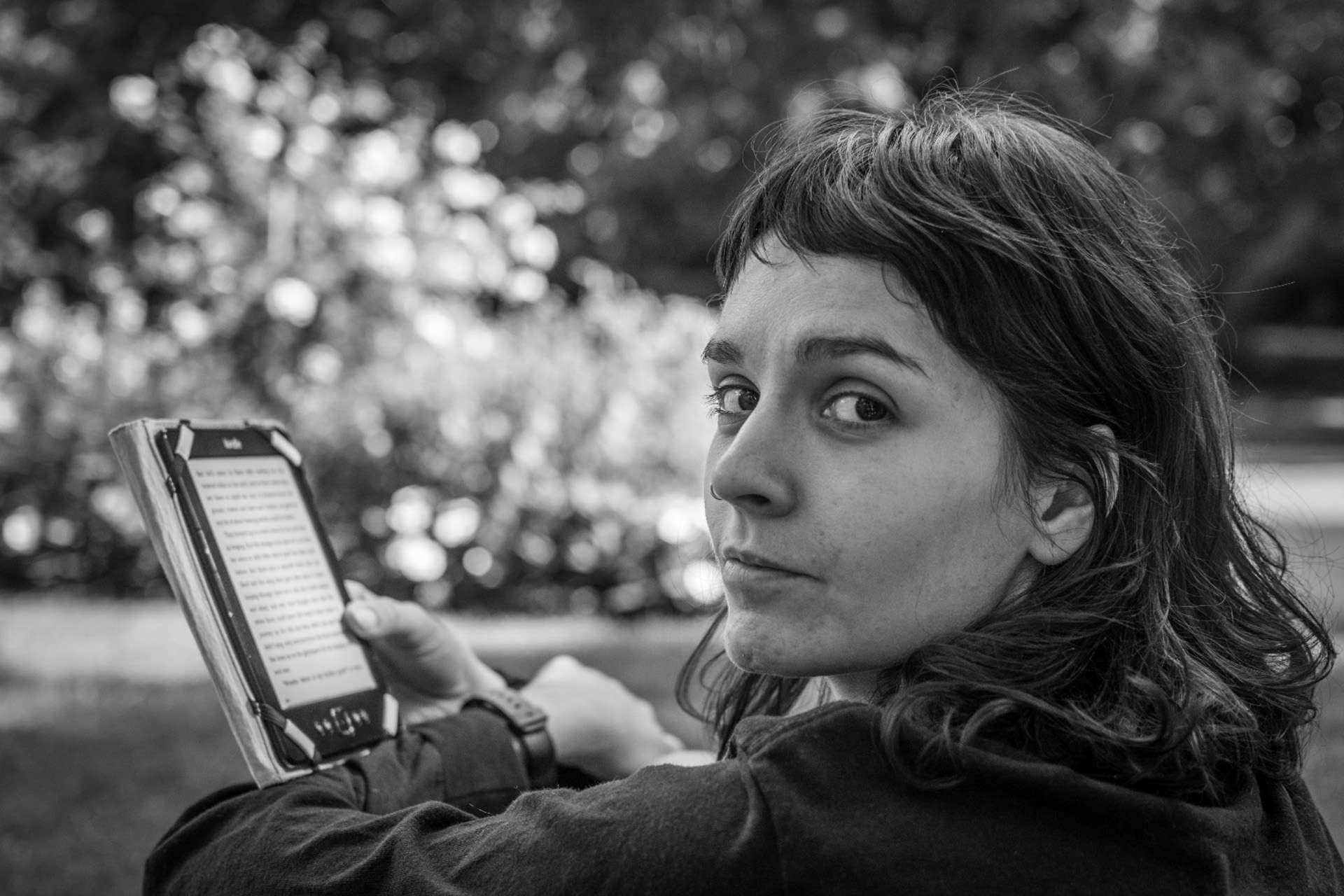We spoke to Creative Writing MA graduate, Gemma Jackson, to find out what she’s been up to since leaving Kent.
What are you doing now?
I’m currently living and working in Northern Italy as an ESL teacher, translator, and freelance writer and editor.
What attracted you to your course, and to Kent? Where did you study prior?
Kent was always my first choice. I fell in love with the campus when I visited for the first time, before I started my undergraduate degree, but it was really the faculty who won me over. I’d spent my entire life being warned by well-intentioned teachers to pursue journalism instead of creative writing, but then the faculty I spoke to at Kent were just as excited and passionate about creative writing (if not more), and so I knew I’d found my place.
Which aspects of your degree did you enjoy the most, and why?
We were always challenged. Every idea that I had about literature and poetry was exploded and reshaped, and I realized that studying these subjects wasn’t just about reading and listening to what other people had to say: it was about becoming part of that conversation.
How has your time at Kent helped you in your career so far?
I never studied with the aim of pursuing a career in writing (even though I am aware that studying with future job-opportunities in mind is the norm in the world we now live in). My studies were driven by my passion for my poetry. My time at Kent informed my writing, as well as introduced me to dear friends, and the rest of the job-stuff was a bit of a creative after-thought.
Were you actively involved in any research centres or projects?
I was a real busy bee when I was at Kent. I actually co-hosted and judged Canterbury Festival’s Schools Poetry Competition (2016), and also worked on various outreach projects in local schools in Kent as a Postgraduate Ambassador for the English Department.
What impressed you most about our academic staff?
How insanely innovative they all are. They’re wildly creative and entirely absorbed by what they do. I think that once you’ve been taught by such passionate people that are that into their work, that level of excitement just becomes contagious, and you really throw yourself into your own work head-first.
Are you still in touch with any of your friends from University?
Oh, absolutely. Poets are real weird-word-obsessed people. We’ve got to stick together. (They also read my drafts, which is invaluable.)
Could you describe a typical day in your current role?
Correcting students who say ‘kitchen’ instead of ‘chicken’ and vice versa and making sure they really elongate that ‘ee’ sound in the word sheet. It’s the small things that really make the difference.
What are your future plans/aspirations?
To never lose my love for writing. I have no idea what job I’ll be doing ten years from now, or even what country I’ll be in (though probably still Italy because, you know, Brexit), but as long as I have time to write and enough money to pay my rent and bills, I’m not particularly fussed.
Are you currently working, or have you recently worked on any interesting projects that you would like to tell us a bit more about?
In the last few months I’ve been writing a book of dystopian fiction. This pandemic world has both demotivated and inspired me and I’m pretty excited to see what becomes of it.
What is your favourite memory of Kent?
The poetry readings we organized in town. I can’t pick just one.
What advice would you give to somebody thinking of coming to Kent?
Get involved with as much as you can. Try everything. I’m glad I get to look back on my time at Kent and feel grateful for all of the experiences I had because I just threw myself into it all.
How would you describe your time at Kent in three words?
Eye-opening with a splash of the eccentric and a huge dollop of feminism.

